Granite Sports Medicine now has a Certified Pelvic Floor Physical Therapist on 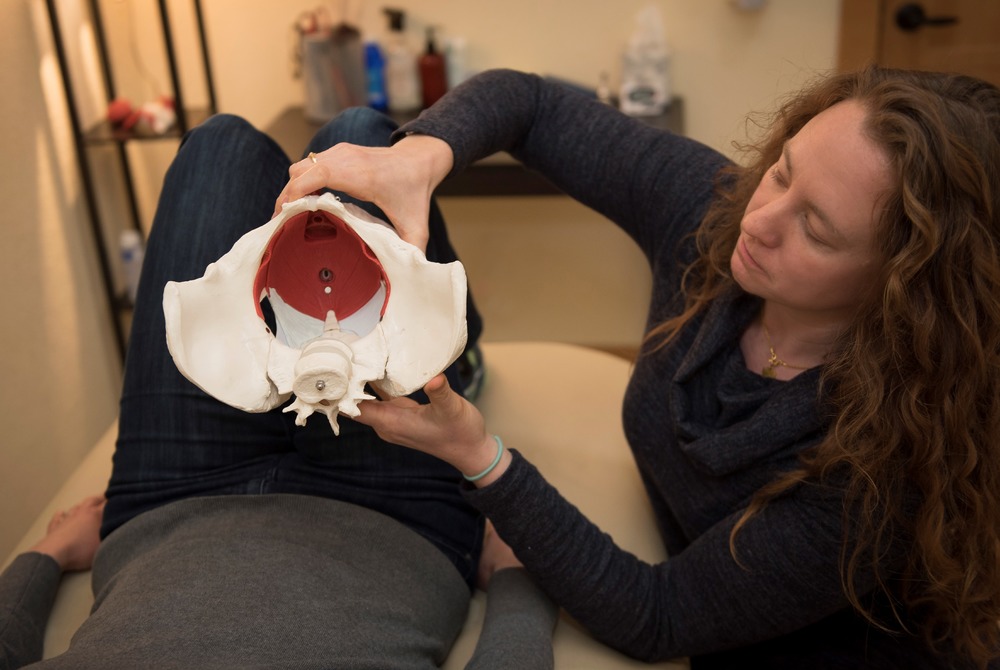 staff, Alison Shannon-Lier, who also holds a Doctorate in Physical Therapy. Learn more about how Dr. Shannon-Lier became interested in this field here.
staff, Alison Shannon-Lier, who also holds a Doctorate in Physical Therapy. Learn more about how Dr. Shannon-Lier became interested in this field here.
- What’s a pelvic floor? It’s three layers of muscles at the base of our pelvis, directly related to bowel, bladder and sexual function.
- What does it do? A healthy pelvic floor prevents leakage of urine, feces or gas and supports satisfying sexual experiences as well as supporting our internal organs.
- What is pelvic floor dysfunction? These muscles, like any group of muscles, can be tight, weak, or dysfunctional, and cause pain.
- Is this rare? No, one in five Americans suffer from pelvic floor dysfunction that goes unidentified or undiagnosed.
- What does a Certified Pelvic Floor Physical Therapist (PFPT) do? They’ve had specialized internal pelvic floor training, in addition to their physical therapy education, and assess the body as a whole; looking at posture, core and leg strength, pelvic alignment, as well as the internal pelvic floor muscles and how they affect your daily life.
- Who benefits from Pelvic Floor Physical Therapy? Men, women and children who’ve been diagnosed with a pelvic floor dysfunction or suffer from chronic back or pelvic pain (see list below). This therapy is less invasive than other treatments, such as surgery or medication, and often addresses chronic conditions that haven’t responded to other treatment. The PFPT can also educate patients on other contributing factors, such as dietary choices and emotional stress.
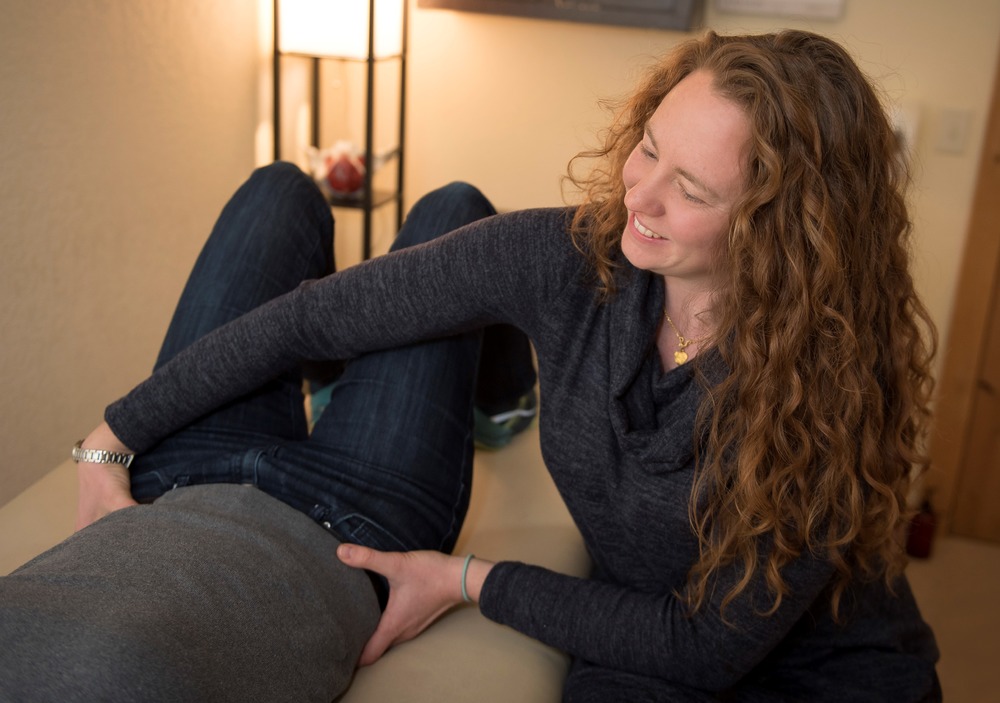 What to expect on the first visit? A thorough, but discrete and completely private, history will be taken by the PFPT, who also has a doctorate in Physical Therapy. The PFPT is trained in gender-specific external and internal physical examination of muscle length, skin integrity, postural alignment, muscle strength and causes of pain.
What to expect on the first visit? A thorough, but discrete and completely private, history will be taken by the PFPT, who also has a doctorate in Physical Therapy. The PFPT is trained in gender-specific external and internal physical examination of muscle length, skin integrity, postural alignment, muscle strength and causes of pain.
What to expect on follow-up visits? Frequency of visits will depend on the patient’s presentation and diagnosis, but usually, it will be once or twice a week initially. During treatment, the therapist will do both internal and external manual work to improve pain, muscle length, relieve any trigger points, and begin an appropriate strengthening program.
Frequently treated diagnoses:
- Pelvic pain
- Tailbone pain
- Sacral iliac (SI) joint pain
- Low back pain
- Leg or “sciatic like” pain
- Vulvodynia
- Interstitial Cystitis
- Irritable bowel syndrome
- Urinary incontinence (urgency, frequency, nocturia and stress)
- Chronic pelvic pain
- Endometriosis
- Sexual dysfunction
- Vaginismus
Contact us to make an appointment with Dr. AlisonShannon-Lier online here.
 Call 406 222 4682
Call 406 222 4682 Text 406 222 4682
Text 406 222 4682 Get Directions
Get Directions Instagram
Instagram  You Tube
You Tube 
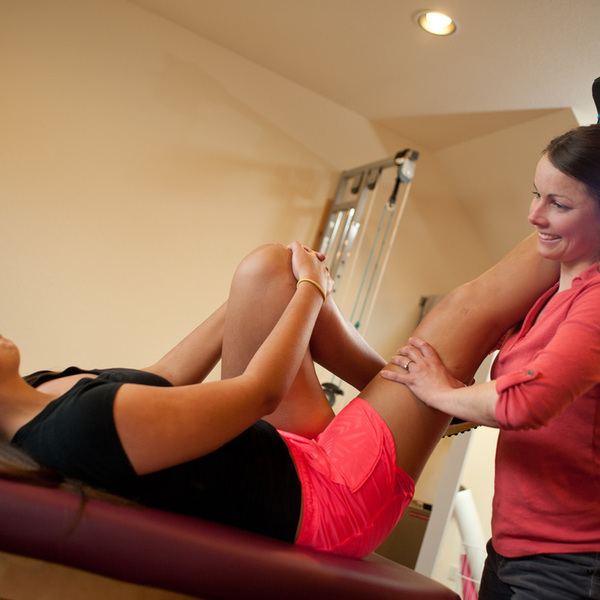
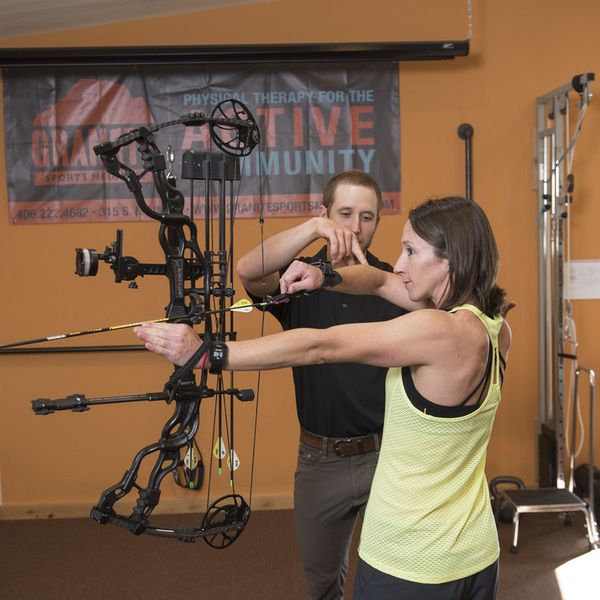

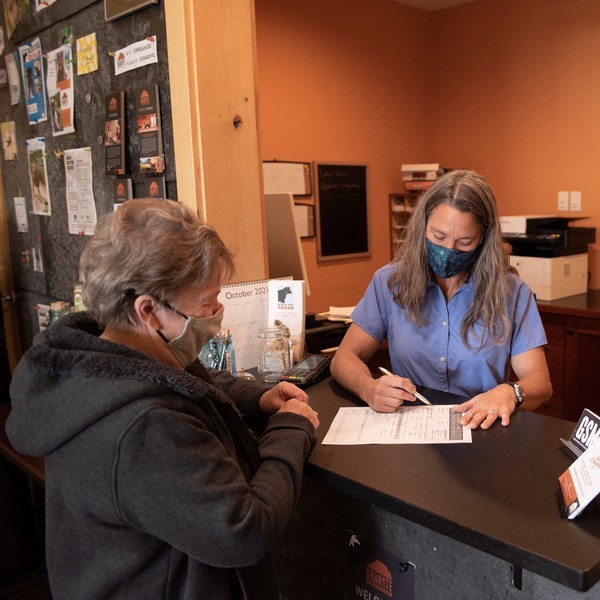
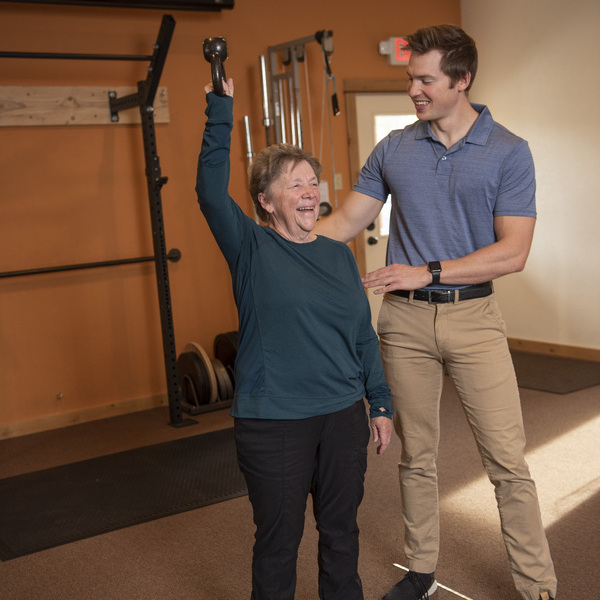

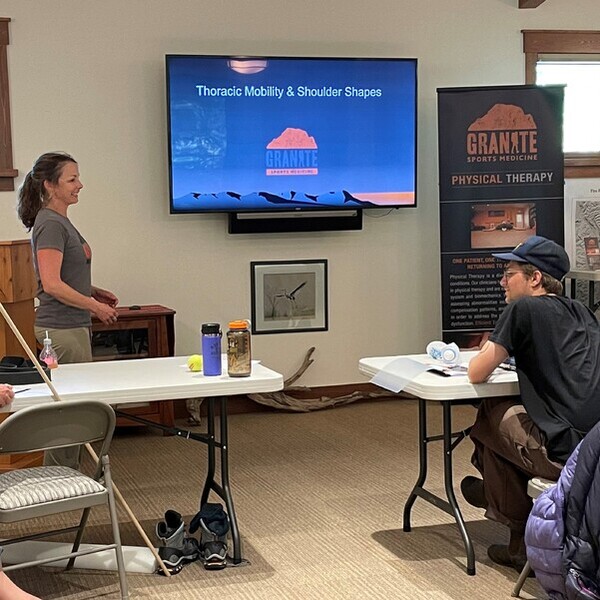
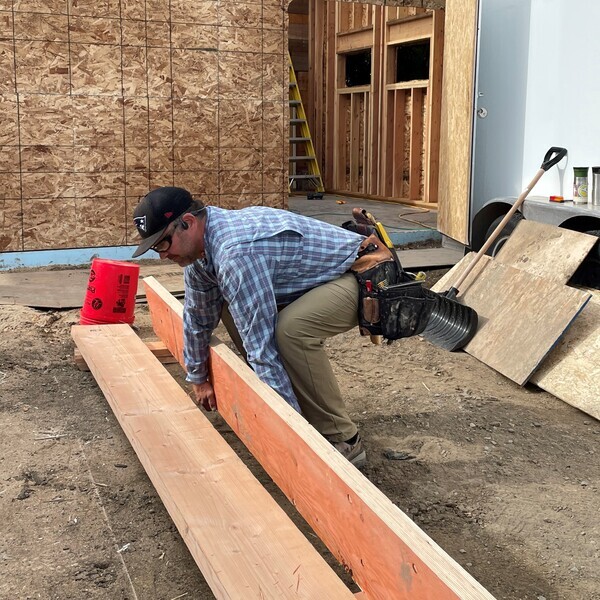
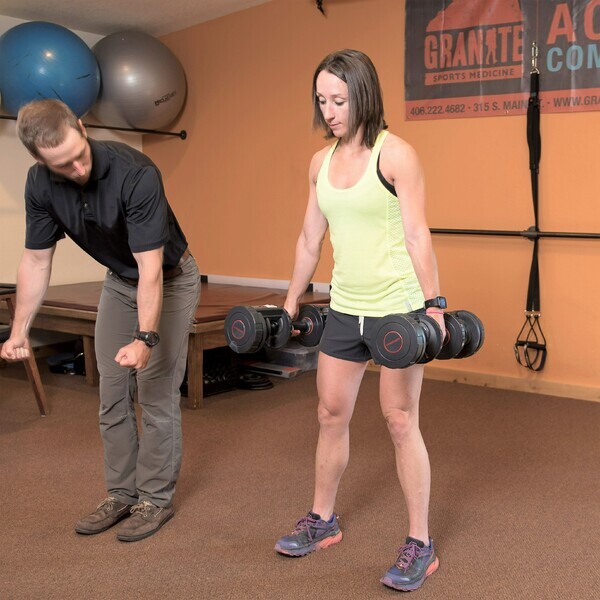
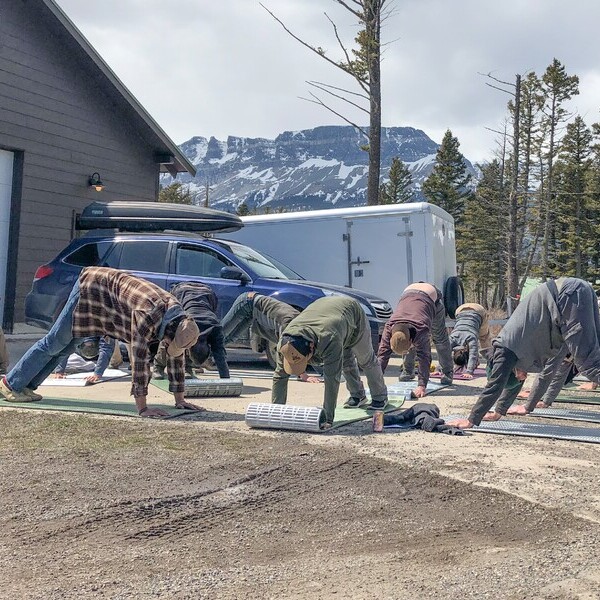
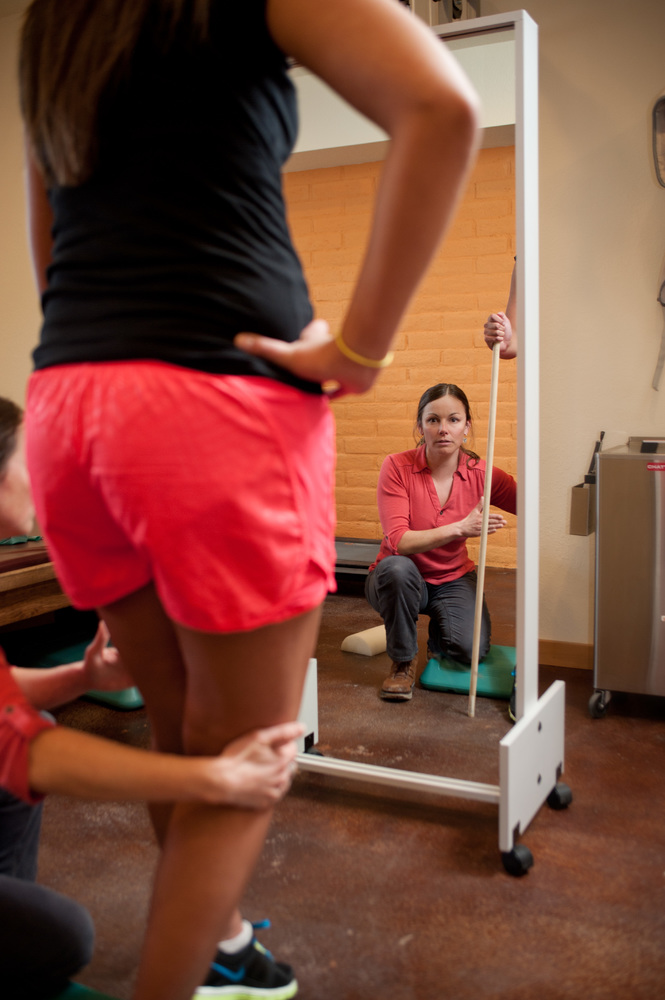 As you may have seen on the news, the
As you may have seen on the news, the  Granite Sports Medicine has won the 2016
Granite Sports Medicine has won the 2016 






